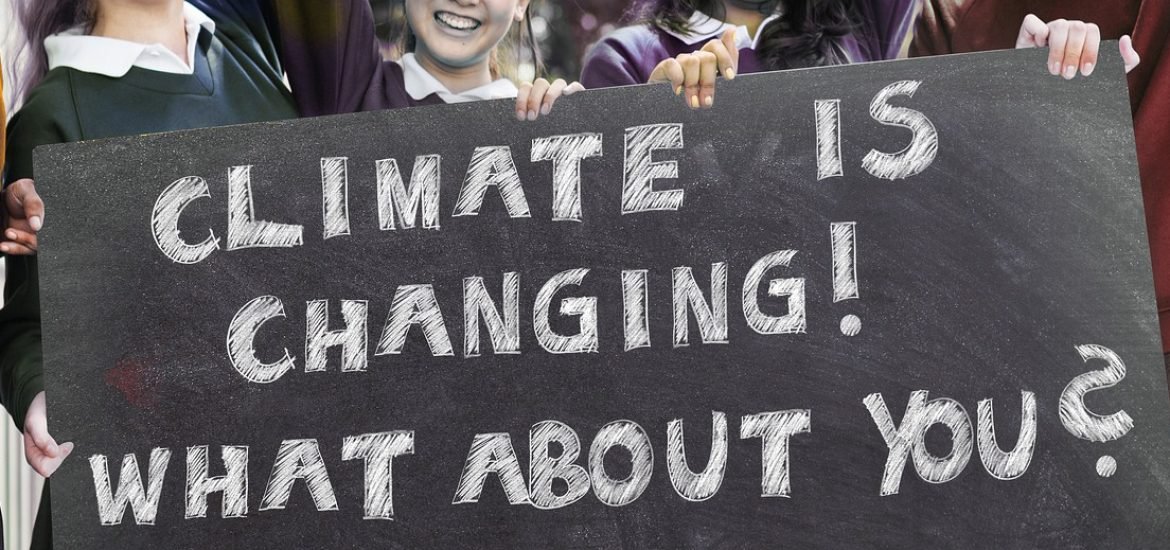
Psychologists highlight how important it is to emphasise the right climate research to the public and other scientists, according to a study published in the journal Nature Human Behaviour.
More than 97% of researchers accept that humans are responsible for climate change, but communicating this information to the public is not always easy. For the past decade, researchers have started to study how to communicate this consensus. “As is the case with many findings in behavioural science, we know little about the effects of communicating this consensus beyond the United States. Our study now takes an extensive and detailed look at these effects,” says environmental psychologist Sandra Geiger from the University of Vienna.
For this work, the team surveyed more than 10,500 people from 27 countries on six continents. Participants had to answer a series of questions about their understanding of climate change. Across all countries, people showed that they understood the scientific consensus on the existence and causes of climate change once given the right information. “Prior to reading about the consensus among climate scientists, people estimated this consensus to be much lower than it really is. In response to reading about it, they adjusted their own perceptions, believed more in climate change, and worried more about it – but they did not support public action on climate change more, said Dr Geiger.
Most climate scientists also believe that climate change represents a crisis that we need to solve now. However, this piece of information did not have any effects on the participants. “We believe that the gap between the actual and perceived consensus could have played a role. When it came to consensus on the existence and causes of climate change, respondents thought the scientific consensus was lower than it actually was, adjusted their estimate, and revised their beliefs. In the case of the crisis consensus, the respondents’ estimate was substantially closer to the actual consensus, and this gap was likely not big enough to alter beliefs about climate change,” said Bojana Većkalov from the University of Amsterdam.
These results show that it is important to emphasise the consensus among climate scientists when talking to the public. “Especially in the face of increasing politicisation of science and misinformation about climate change, cultivating universal awareness of the scientific consensus will help protect public understanding of the issue”, adds senior author Sander van der Linden from the University of Cambridge. “Beyond climate change communication, these findings also underscore the importance of testing previous findings in behavioural science globally. Such endeavours are only possible if we bring together researchers worldwide”, concluded Dr Geiger.
Većkalov, B., Geiger, S.J., Bartoš, F. et al. A 27-country test of communicating the scientific consensus on climate change. Nat Hum Behav (2024). https://doi.org/10.1038/s41562-024-01928-2
THe GHE is overstated 100 to 1 because the theory says GHGs emit all the radiation they absorb, but reality is they conduct 99% of the energy they absorb to bring all the 99% non-GHGs at each altitude into local thermal equilibrium (the same temperature). Since the GHE is overstate 100 to 1, therefore AGW which is based on the GHE is overstated 100 to 1.